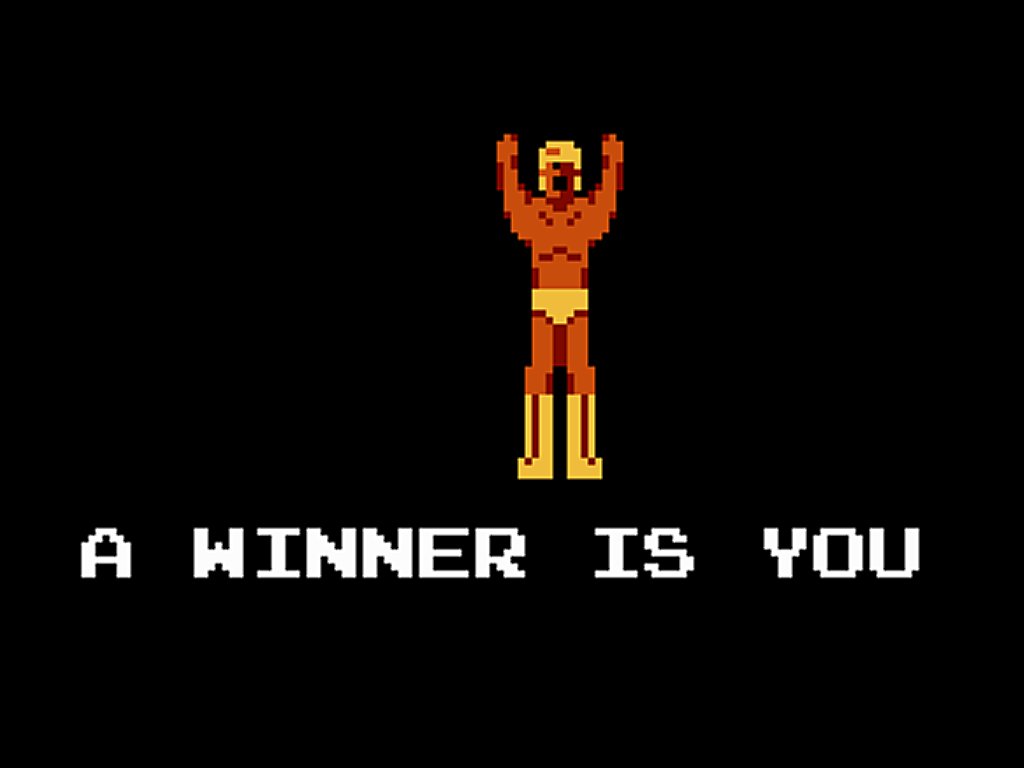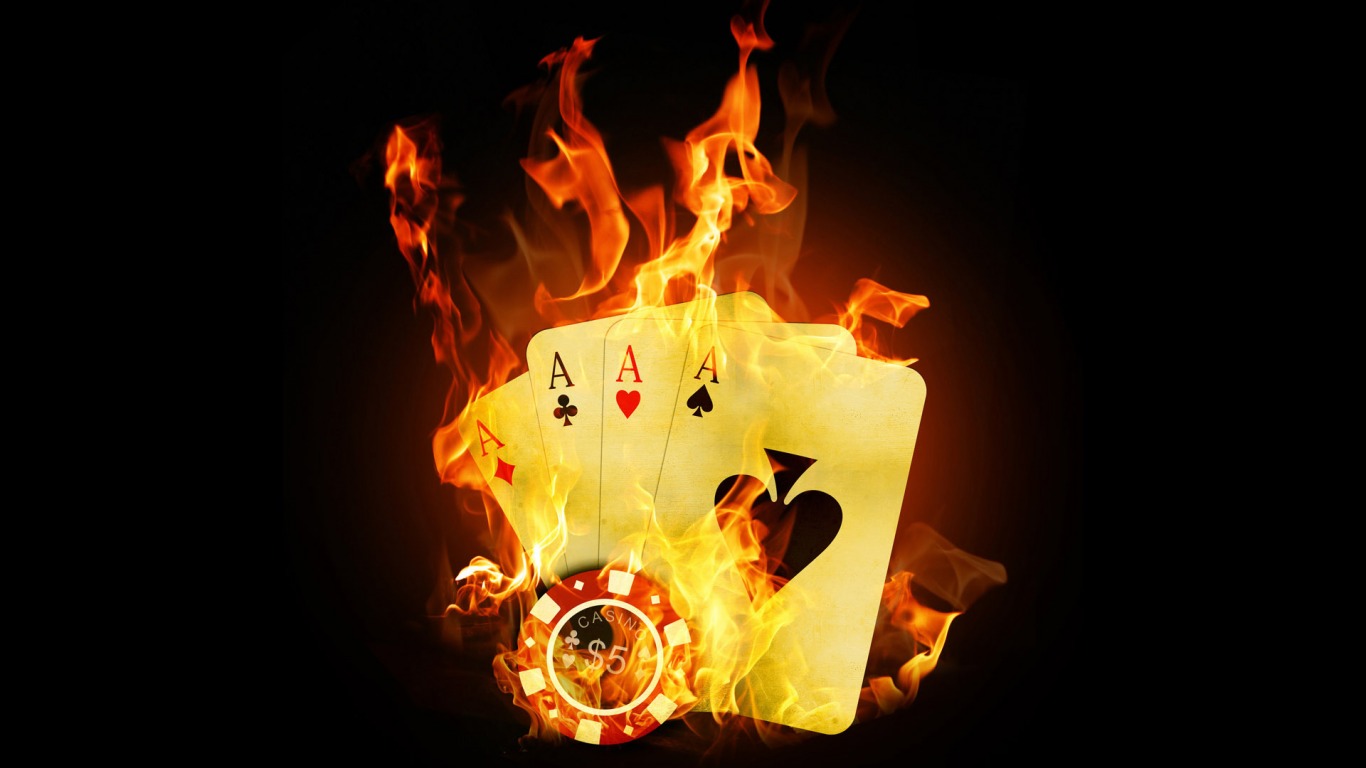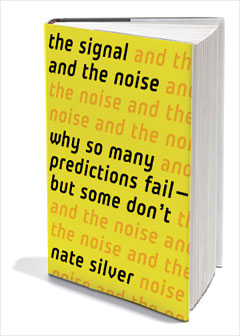
A poker player control several things. Obviously, he masters the technical aspect of poker. He knows at least some basic math. He masters the various tools available to him, and of course, he plays his A game more often than its B, C and D game. In other words, he knows how to control his emotions, he can control his tilt. So far, nothing new.
A winning player is also a consistent player. He constantly studied, it is constantly improving, he plays his A game constantly. Beat NL100 10 big blinds per 100 hands is nothing if you have passes you tilt intense "spewez" your money on NL400 and NL600 tables. You will end up being a losing player. An excellent player tilted, it's like driving a Ferrari which is disturbed. You may well have the most powerful engines, but if management does not work, you can be sure you plant.
A losing player is not necessarily a bad player. A winning player is not necessarily a genius of poker.
Again, here it is only the big logical and most players know it.
All players tiltent
What I want to talk about, it's tilt, the A game, consistency. I would like to convince you that you do not always play your A game, even if you think you do. I would like to point out some situations where many players lose money.
The tilt does not need to be a state of uncontrollable rage during which you break computer mouse. The tilt is what makes you play worse than our full potential. In short, when you're tired, you're tilted because you're not playing your best poker. You play surely tired opportunity because you are not able to stop in time your session.
In the game through self-knowledge
Do you really know? Have you ever analyzed the maximum of hands you are able to play in a day? Have you bothered to analyze your long sessions? Are they usually win or lose? After how many hands you usually lose? Do you play long sessions for "rebuster" your losses?
The fact of not being able to stop playing poker is a flaw in your game If you were imposed on you hands for the day 3000 (after which you become less productive) and you continue because you are "stuck" You are tilted. You made a rookie mistake and you certainly do not mind a "winner".
You always take the right decisions?
And if, for example, had an amazing fish to sit at your table after you played 3000 hands, have you ever calculated or anticipated EV long term this situation? Should you continue playing or quit? What is the most profitable for you? Have you ever analyzed this situation?
And still speaking of the length of sessions, how do you play your last round? The play you the same way you play any hand? If after 4 days of losses you find that your session is currently winning 125BB, are you going to risk all in a 150 deep in which you are usually 55% favorite or is the idea to end your session you will still lose obsessed? It is theoretically easy to say that we must all play their hands the most + EV way possible, but several factors irrational human beings we make sure that we do not always play the same way.
We are often irrational
The pros who have already participated in poker games lives know how you can hear irrationalities when playing live. And often, these players feel safe irrationalities. But the pros are also irrational at times.
Present the following situation to an amateur: You Have Ad Hold'em. You have $ 100 in front of you just like the other 9 players at the table.Vous are all in and you have the ability to get as many calls as you want. How do you call?
In this situation, the amateur answer 1 or 0 (because the AA, it never wins) since otherwise, he said, his equity in the hand will drop.
That's right, you get more calls, the more AA preflop equity will be low. But here fairness is only one variable to consider. Here we look for the EV of this game when there EV 0 call 1 call 9 calls. The goal is to be the most profitable in the long term and not have the best equity in a particular hand. Have you ever calculated the EV of each situation?
The most + EV play is when there are nine calls. You will win less often, of course, but 100 times, you will make more money when there is a call 9. The goal is not to win more often. The goal is to earn the most money. This is a point that some players forget. What makes me think that players who play poker generally want to earn money, but do not necessarily want to make the most money possible. At least they are not sure of winning the most money possible. In other words, for them, a winning session is never requestionner (or almost). In short, some players are questioning rarely on the profitability of a hand.
You can win a hand and make a mistake. Take a clear example.
You 3bettez AA and the flop comes AA2 you push all in (a huge overbet on the flop). Obviously, your opponent will fold. You win the hand. Have you maximized your earnings?
- "Here I won the hand But is that I could make more money with this hand."?
- Yes.
This example is a caricature and obvious. But some situations are less clear.
The fact of simply win a hand without bothering to get the most money is a form of tilt to me. A bit like when an amateur player hits a set on the flop gives a draw to the flush and he overbet all in on the flop for not only draws call the bet (the standard player casino what). Its aim is to win the hand. Its purpose is not to make the most money possible. He prefers to win $ 100 100% of the time rather than win $ 500 66% of the time. It is a choice.
Emotions in poker
I think many books have stressed the theme of managing emotions in poker. Anyone able to complete a secondary 5 is able to learn to play poker so winning. Why 90% of players will lose is that they neglect the mental aspect of the game and they make mistakes without even realizing it and are often irrational.
Have you ever warranted a call knowing that call is earning less than 5% of the time? I'm not saying it happens to everyone, but it's still a situation that often in a state of intense tilt.
Instance. You are on the river with A high in a large pot. You wedged on the turn because you were tilted. A "call tilt" absurd. Your opponent is aggressive and set regularly. Your opponent pushes all in on the river. Intuitively, you've seen this several times and you know your opponent rarely bluff in this situation. Not only rarely bluff your opponent, but in addition, you tilted your opponent is challenged and your opponent does not expect you to folder. If you do not bluff a fish, you do not bluff a gambler tilted. A tilted player is irrational and unpredictable. A tilted player does not fold often bluff and sees everywhere. So if your opponent bets assuming you caller almost all the time, his range dominates A high. But instead of folder, you look at the size of the huge pot and looking for hands that you beat. You realize that your opponent could play one hand this way about 15 hands in his range and you callez in case your opponent would this hand. Your opponent shows you 2 pairs.
Here you have a bad river justified because you made a bad call on the turn and the pot had become really close call. You surely wedged the bet on the turn because the pot was getting big and you had wedged on the turn (without reason). You were on the flop after a wedged 3bet you should not have caller. A kind of downward spiral. Winning players are rarely this error, but can honestly say he has never played a similar hand?
In this hand, the reflection is inverted. Instead of analyzing the situation, give a range of hands our enemy, to compare it with our hands, wondering how many times we have the best hand and then make the decision, we took the decision ( caller) seeking reasons caller.
A bit like when you are "card dead" on a table, you receive KJs button, which has strong intention to play this hand, but the player nit in postion UTG raise and the player position UTG +1 3bet (another nit). We look for reasons to play the hand. Long time was no better than the hand, and not about to wait 15 minutes before you play another hand. We then imagine that our opponents are alert and imaginative. We say that UTG +1 is perhaps being 3better UTG because many fold to 3bet and the image is as tight UTG +1. We say that UTG +1 is perhaps being 3better bluff. In fact, players are often imaginative and fairly predictable. They play 20 tables and have a plan that almost never changes. To think that a player can get out of his usual line to justify a call is a bad thing. Here our two villains probably have AA and AK, true to themselves. In short, it is tilted and we invent scenarios to justify our games EV -. One could also say that one "level" playing like we want to play and not as we know it is profitable to play. Our emotions dominate our reason.
Analyze whether
Everyone knows to play his A game poker to win. But do you know when you play your A game? I feel that people go to the "feeling", but few people really questioning when they are most productive.
Have you ever analyzed your sessions? Is that your sessions are generally winning the morning or evening? When they are long or short? Every human being has a "peek" in his day, that is to say a time when it is at the top of its intellectual form. For some, it's morning, for others it is evening. Obviously, if your site poker "fishs" play in the evening, you will want to play at night. But if you are much less effective playing in the evening, is it more profitable for you to play against the morning regular at the top of your form or in the evening when you are more tired against the fish? Have you ever thought your revised schedule to ensure you wake up later to be able to have a good night's sleep before playing poker against your fishs?
Lifestyle
Like any athlete, what you eat and drink will affect your performance. In the extreme, we can say that drinking a bottle of vodka before a session will affect your results, it goes without saying, but other more subtle products could negatively influence you without you noticing. For example, if you are the type to play poker in the morning, do you play after drinking coffee? What is the effect of caffeine on your game? Does it makes you more alert or if it annoys you and increases your VPIP 5%? If you play more hands on coffee and that is not your style of play "loose", you'll obviously in uncomfortable situations where you lose money. Eating too much sugar could have the same effect. Eating too much could backfire falling asleep. Delaying a meal to continue grinder is also harmful. You intended to play from 14:00 to 17:00 for dinner afterwards. But you keep playing for a reason X. Maybe the tables are good, but if you have a headache because you're hungry, is that it is a good idea to keep playing? You should also add that it's been 3 hours you play. Are you able to play more than 3 hours without a break? Is that your game is as profitable? Does your B game with 4 fishs on the table is more profitable for you that your A game with only 2 fishs on the table?
The lifestyle is important in poker. Highstakes poker players are often seen as degenerates who make the party every night making prop bets 10k on racing frogs and other events unimportant. But it is impossible to compete at a high level without having a healthy lifestyle. The making of the sport is really important (or exercise). If you are too sedentary, you may have an energy and aggression that result in cravings tilt (for some players) surplus. And if to do sport and exercise decreases your tilt? And if it would make you more zen? It is trying to play a poker session the day after a big brush to realize how our lifestyles affect our game! In short, a healthy mind in a healthy body.
If you have other examples to share, do not hesitate to write on our forum: What is a winning poker player?




